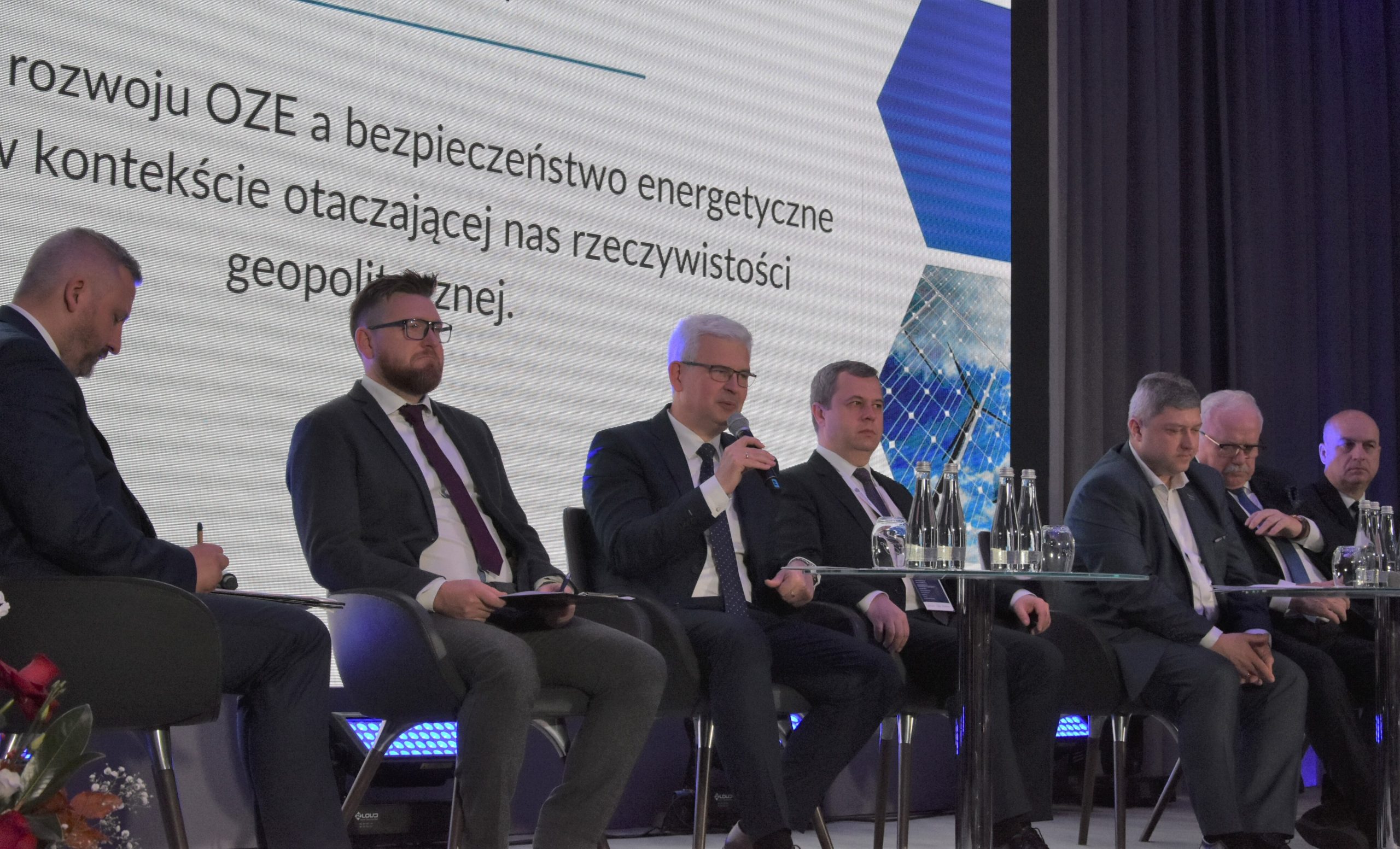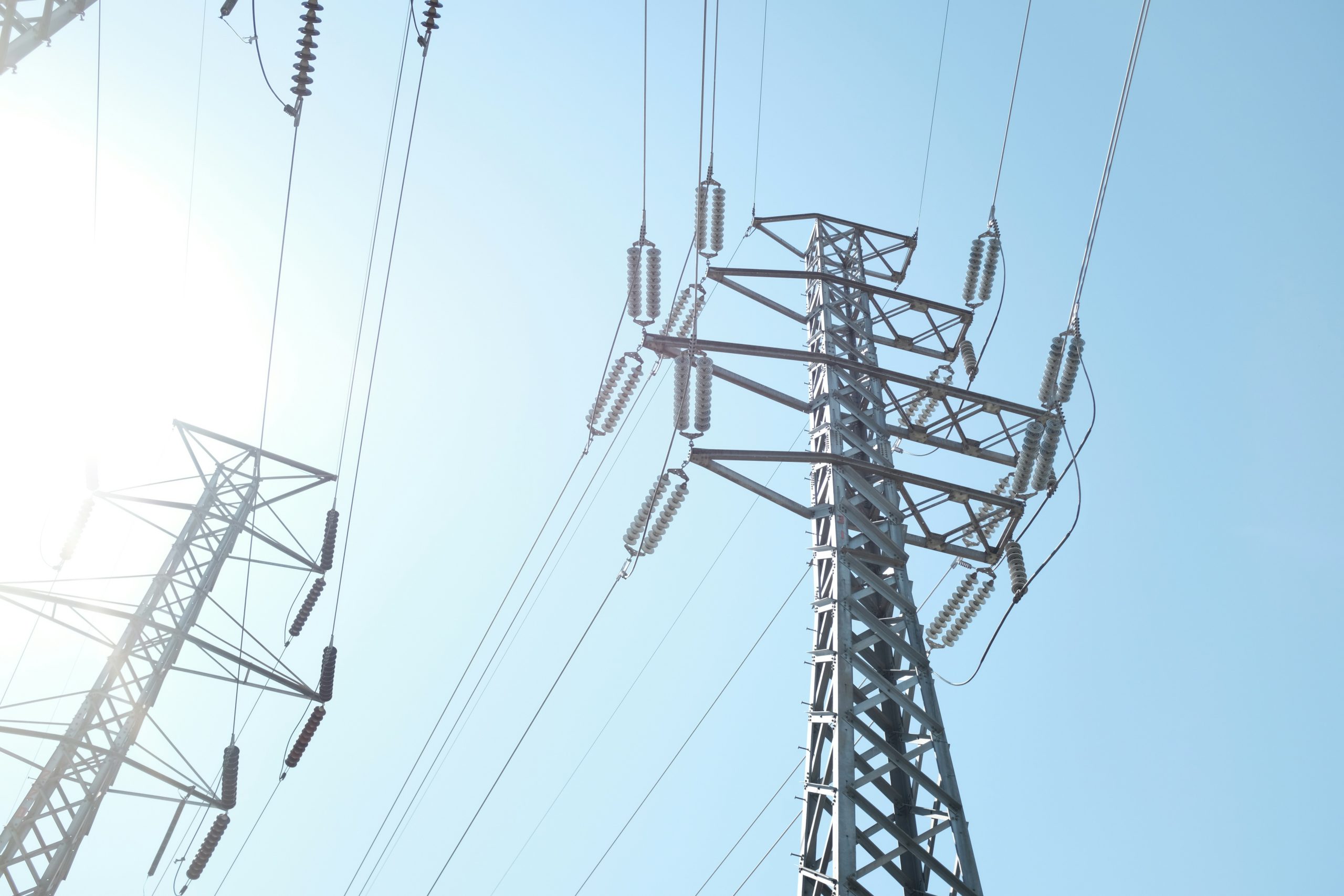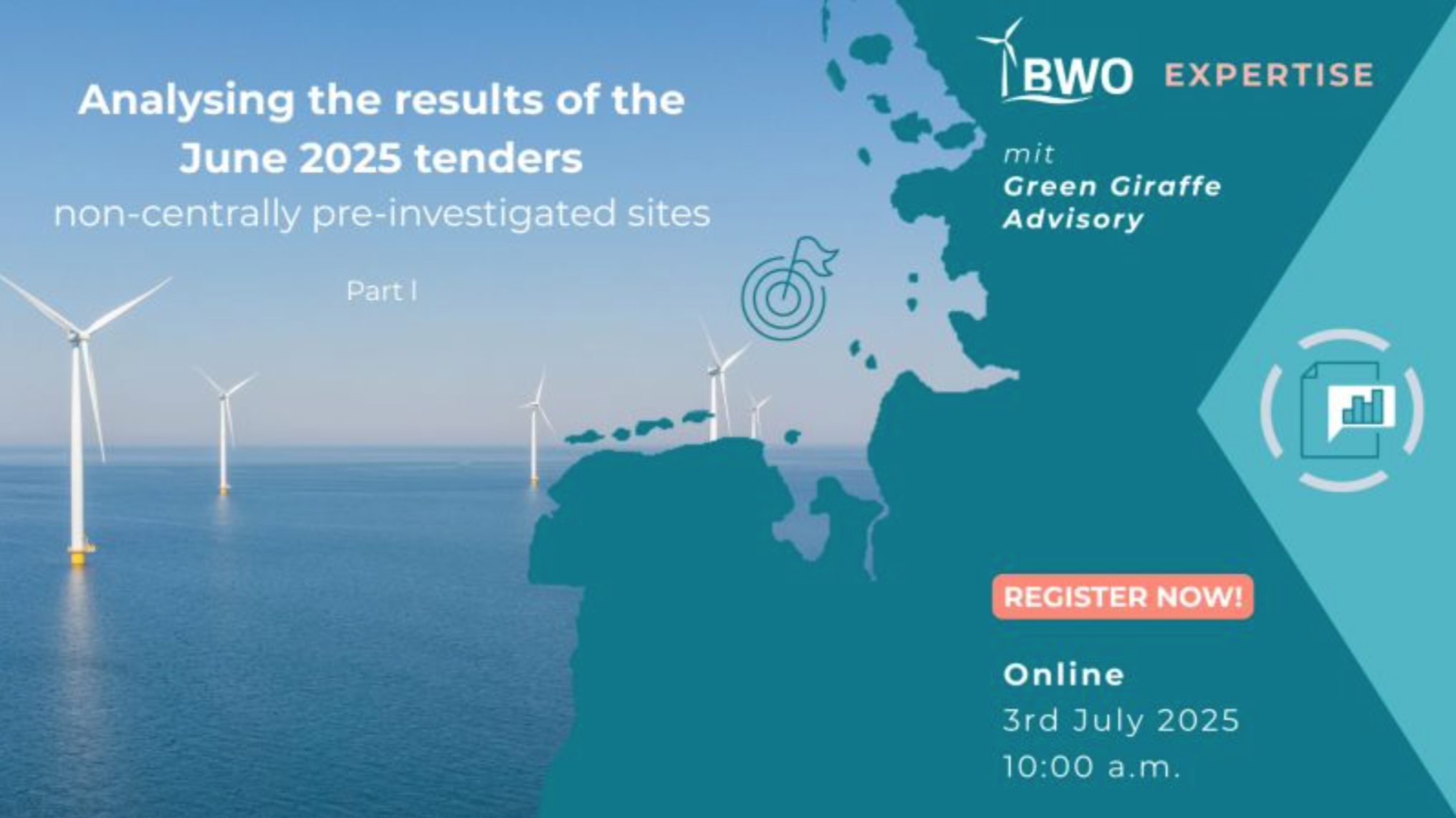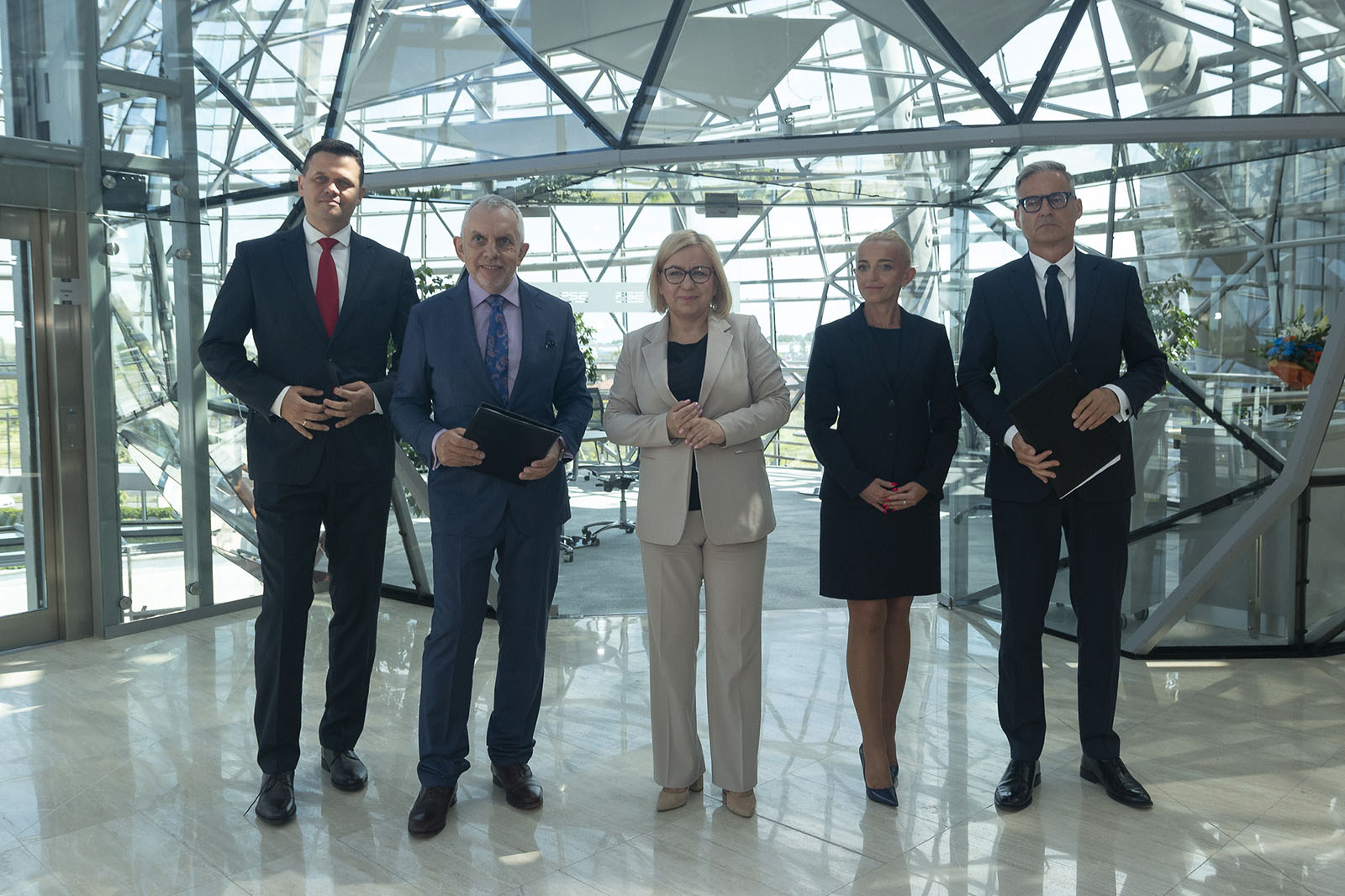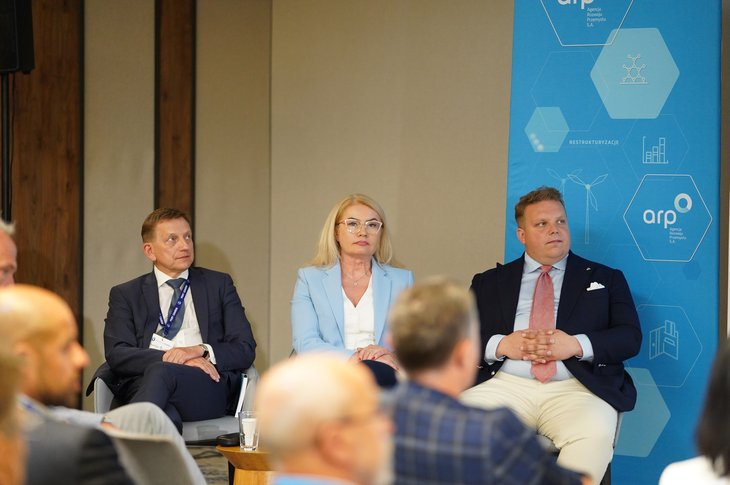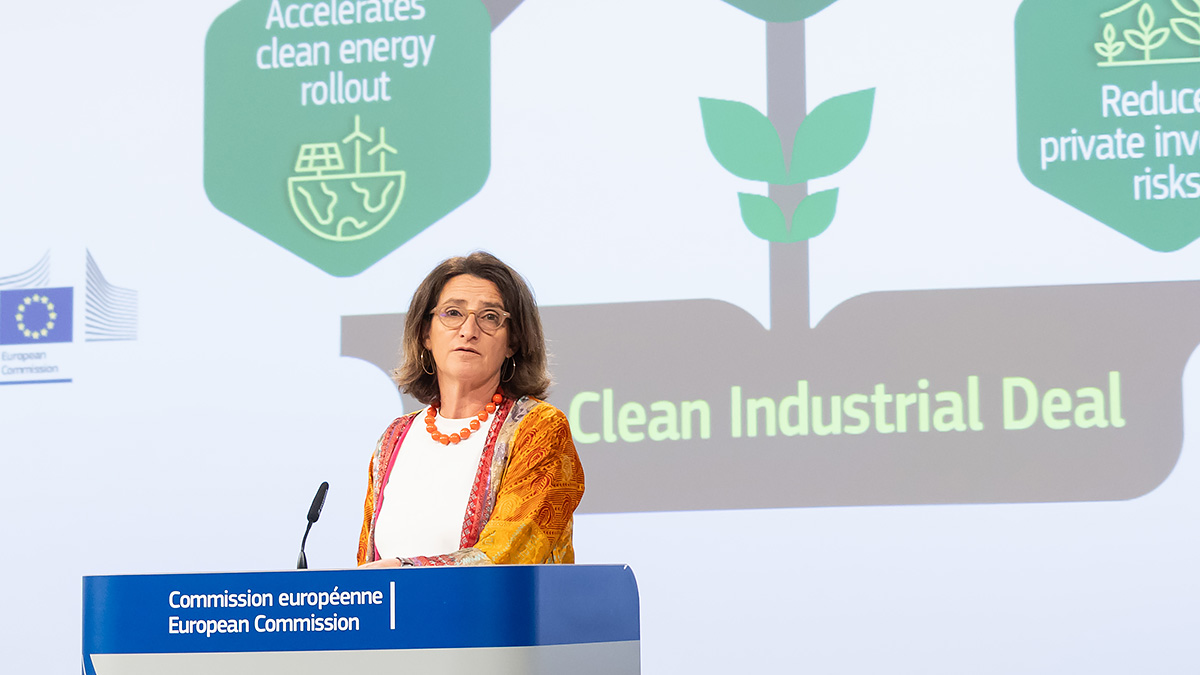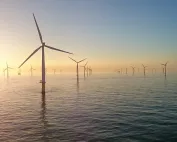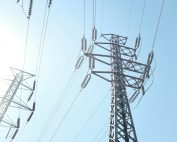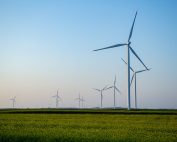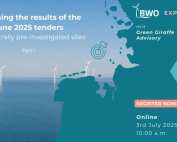The year of the Sector Deal for the development of offshore wind energy in Poland, achievements and further plans – this was the topic of a panel at the Conference of the Parties to the Sectoral Agreements, held in Warsaw on 22 November 2022.
The RES Sectoral Agreements concluded in 2021 aim to take measures to increase the role of individual energy generation sectors, build a strong market for Polish renewable technologies, and strengthen the position of domestic companies in the supply chain. The above activities are expected to contribute to accentuating the competitiveness of Polish economy. The Sectoral Agreements cover offshore wind energy (OWE), biogas and biomethane, as well as photovoltaics.
– Since July 2020, i.e. since the first letter of intent was signed at that time with representatives of the offshore wind energy industry, the installed capacity of RES in Poland has nearly doubled. This shows how big a leap has been made in the development of RES in our country,” said Ireneusz Zyska, Secretary of State, Government Plenipotentiary for Renewable Energy Sources during his opening speech at the conference.
The panel discussion on OWE summarized activities to date, and outlined further plans. The panel was divided into 3 parts.
In the first, the coordinators of various working groups summarized the first year of the OWE Sectoral Agreement. The second part presented conclusions from the report “Potential of Offshore Wind energy in Poland” prepared by the Polish Wind Energy Association. The last part was devoted to a presentation by MEiN on Industry Skill Centers, after which local content was discussed.
- Last year was a challenging time. First, the world faced the effects of the COVID 19 pandemic. Then it is struggling with the effects of the energy crisis caused by Russia and its aggression against Ukraine. In this difficult and challenging time, the issue of energy security and the strengthening of energy sovereignty becomes a key issue. I don’t have to convince any of you that in the long term, it is offshore wind energy that can become the vaccine to immunize us against further energy crises, said panel moderator Piotr Stępiński, Head of Office, Ministry of Climate and Environment, Renewable Energy Sources.
The panelists agreed that although the sector is young, much has been accomplished over the past 2 years. Without strong foundations like the adoption of dedicated legislation and a support system, it was impossible to move forward. As they stressed, the very beginning of the dialogue between emissaries was not easy, but the talks are moving in the right direction. It is worth noting that the Polish Sectoral Agreement is the second in Europe, after the British one, and although today there is not a single turbine in the Polish Baltic area, the direction of work and development is clearly defined.
The experts devoted a lot of space to analyzing the personnel development and education sector, which they considered one of the key issues for further offshore development. – We have the potential for our cadres to be the backbone, not only for our OWE sector, but also for the rest of the Baltic countries – believes Prof. Sambor Guze, Deputy Rector for Education, Gdynia Maritime University, Coordinator of a Group responsible for Cadre Development and Education System. – Today our cadres no longer belong to the market “Cinderella” group, he said.
- Various consortia like “Science for the Sea” have been formed, which is largely focused on cooperation between 8 universities for the benefit of the sector. There are many activities within the universities, such as specializations focused on different areas of the sector, and new majors, postgraduate studies and MBA-type studies are also being created, said Prof. Sylwia Mrozowska, Vice Rector for Cooperation and Development at the University of Gdansk, Coordinator of the Social Education Group. She also stressed the need to create a coherent system of training cadres, which will then train others on a cascade basis.
In order to realize the full potential of Poland’s offshore technological thought, the emergence of leading global thought is essential. Today’s technologies are tied to global supply chains, which limits the development of the Polish offshore sector. These are new industries, new well-paying jobs and an opportunity to build a competitive advantage for Polish companies. To achieve this, a specific research agenda is needed, consisting of three phases: research, operation, and finally – achieving specific technology, they pointed out.
- An important issue is the Technology Centers, where offshore research will be integrated, financed not only from the state budget or by local governments, but also by domestic industry, according to Włodzimierz Pomierny, Manager of the MEW (Morska Energetyka Wiatrowa) project at ARP SA., Coordinator of the Research and Development Group.
In their plans for the coming year, experts have identified the need to redefine the potential of local suppliers. Previously, such an analysis was made several years ago.
Plans for the next six months include more effective management of the component certification process, to standardize quality requirements and provide basic tools when it comes to financing or the ability to switch production. A multi-faceted strategy has also been prepared, dividing key challenges into areas – economic, technological and legislative.
– There is a need for key cooperation and an attempt to create sector-specific qualification frameworks not only for schools, but also in retraining of personnel, said Piotr Czopek, Director of Regulatory Affairs, Polish Wind Energy Association, Coordinator of the Stakeholder Cooperation and Regulatory Environment Group.
Attention was also drawn to the need for new regulations, more friendly and adapted to today’s realities, worked out with the government administration, and the inclusion of the Ministry of Infrastructure in the process.
